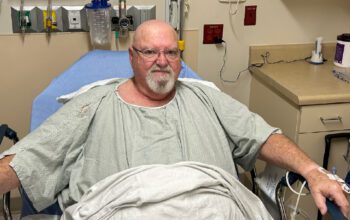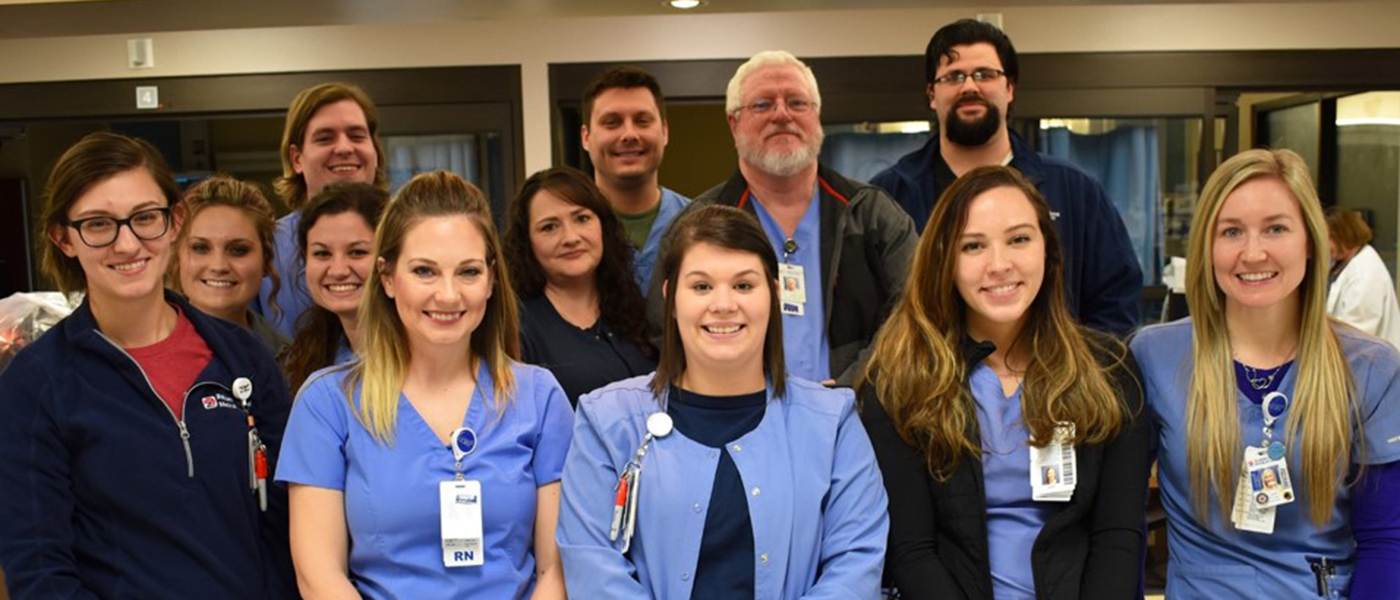Whether they’ve been with HCA Healthcare for 20 years or 20 days, each of our colleagues brings our mission to life every day. Recently, two of our nurses, who are at distinctly different moments in their careers, had a conversation to reflect on what they’ve learned and the dynamic reality of the healthcare field.
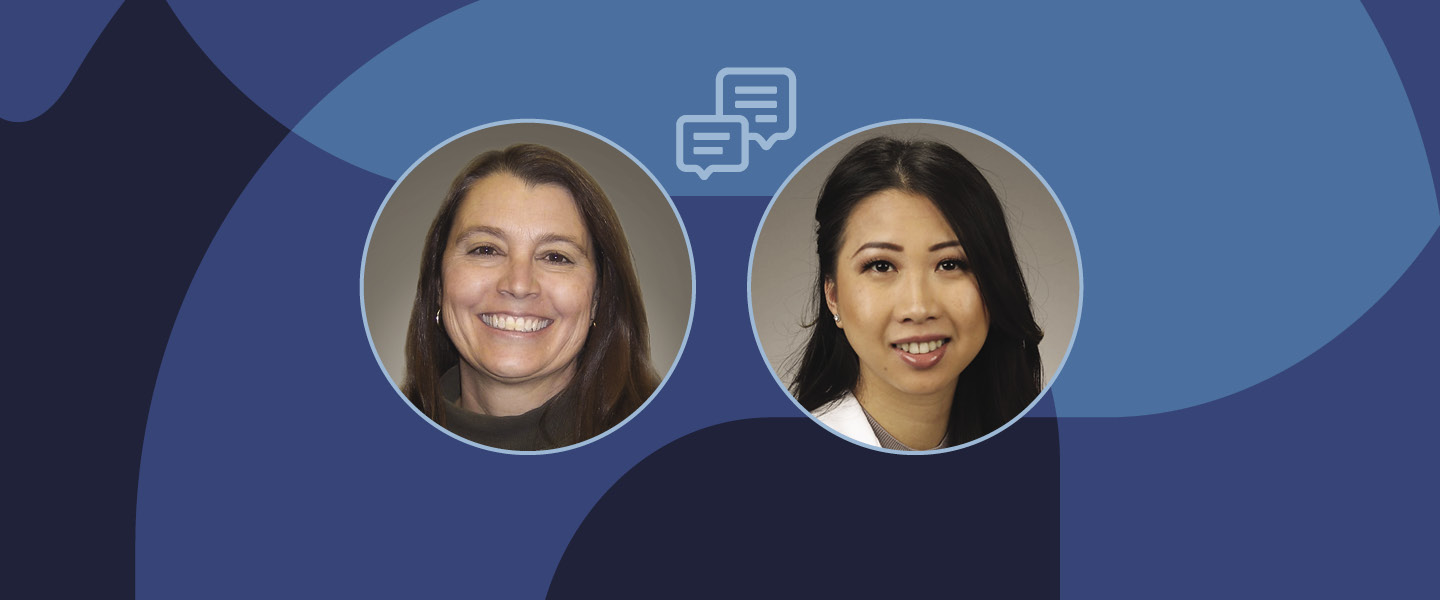
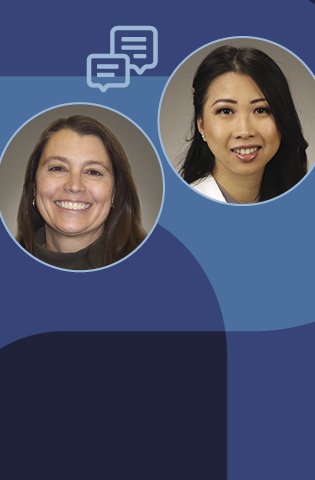
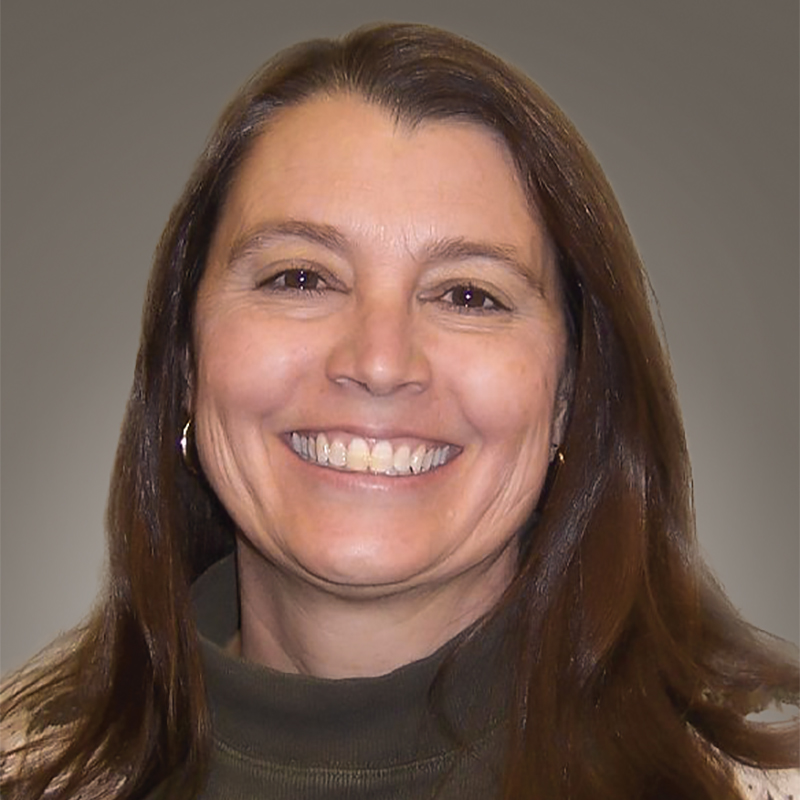
Chris Hutchison, RN, BSN, earned her Bachelor of Science in nursing from Texas Christian University’s Harris College of Nursing & Health Sciences in Fort Worth, Texas, before beginning her career with HCA Healthcare. More than 40 years later, Chris is an employee health/ injury coordinator nurse at Medical City Alliance in Fort Worth, where she also serves on the facility’s COVID-19 task force.
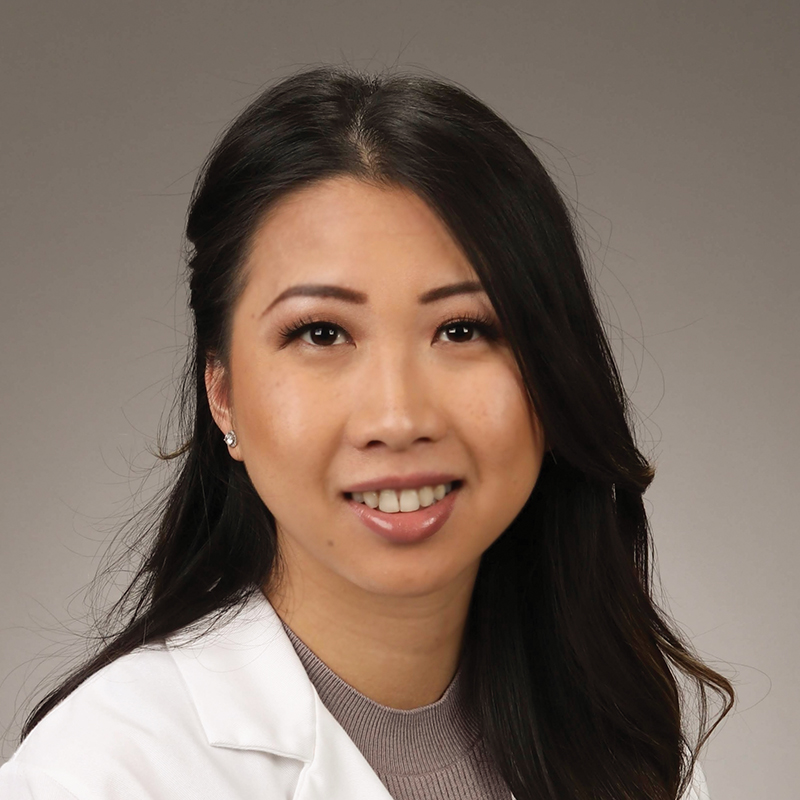
Teresa Nguyen, RN, BSN, joined HCA Healthcare in mid-2020 and works in the COVID-19 unit at MountainView Hospital in Las Vegas, Nevada. She holds a Bachelor of Science in neurobiology, physiology and behavior from the University of California, Davis. Teresa completed the Accelerated Bachelor of Science in Nursing program at Roseman University.
Chris: What drew you to nursing?
Teresa: It’s the rapport that I build with everyone — my colleagues, my patients, their families. Nursing relies heavily on communication, and that’s a big part of my life. When you communicate, you can understand each other and empathize [with] each other. What about you? Why nursing?
Chris: I wanted to be able to help people in trouble, whether from sickness or pain or whatever it may be. I grew up watching those medical TV shows, and that’s what I wanted to do. Since then, I’ve seen a lot of patients, done a lot of things and had a lot of experiences in different areas.
Teresa: Did it follow your career plan?
Chris: I thought I’d [always] be at the bedside, because it was always about the patients and being able to interact with them. But that’s not how my career has gone. I was bedside for the first 30-something years. Now I just look at [colleagues] as if they were my patients. I was an ER nurse for 15 years, and that’s really what I love. I found it very challenging and enlightening.
Teresa: That’s the exciting thing about nursing. You have all these opportunities. You can teach. And even though you’re no longer bedside, you’re still taking care of people.
Chris: You’re right. There still is the education and being able to mentor. I’m able to help younger nurses navigate the system and look at things from a slightly different perspective.
Click below to hear Chris and Teresa’s most memorable moments and how Chris connects with patients.
Memorable Moments
Connecting with patients
Teresa: What’s the best advice you have for those you mentor?
Chris: The first thing is to remain faithful to what your life priorities are. When you’re young, it takes a little while to get that figured out, but there are some root priorities that are instilled in you. It’s also really important not to be afraid to ask questions. Not just young nurses, but even older nurses. There’s so much riding on what we do.
Teresa: You need thick skin to keep asking questions. I’m sure that everyone I work with is annoyed by me because I ask a lot of questions, but I’d rather be sure.
Chris: That’s ultimately the way we all feel. We all want to protect our patients. We all want to be accountable. We all want to be able to do our best and do what is right for our patients. We have to be able to relate to each other and trust each other.
Teresa: The HCA Healthcare mission is to improve patients’ lives, and I thought, yes! That’s what nursing is about — improving patients’ lives by helping them and empowering them with the knowledge and the skills they need. That’s what I find most satisfying, when the patients tell me, “Oh, I never knew that.”
Hear more about Chris’ advice to new nurses below.
Chris' advice for younger nurses
Chris: What have you learned on the job that might not have been covered in nursing school? What would you tell somebody coming out of school?
Teresa: Trust your intuition. Because even though, as a new nurse, you don’t have all of the assessment skills, when you feel that something is not right, speak up. Say something. Do something. My charge nurses tell me, “You’re with the patient all day. You know when something is different, so trust your gut.” It’s always better to be safe.
Chris: The patients’ needs — there’s such a variety. Ultimately, we’re still dealing person to person. That’s the constant we have to keep in mind; regardless of what comes about, we’re still impacting people. And I’m human; they’re human; and we have to relate, and we have to show compassion. We have to demonstrate that — because it’s the right thing to do.
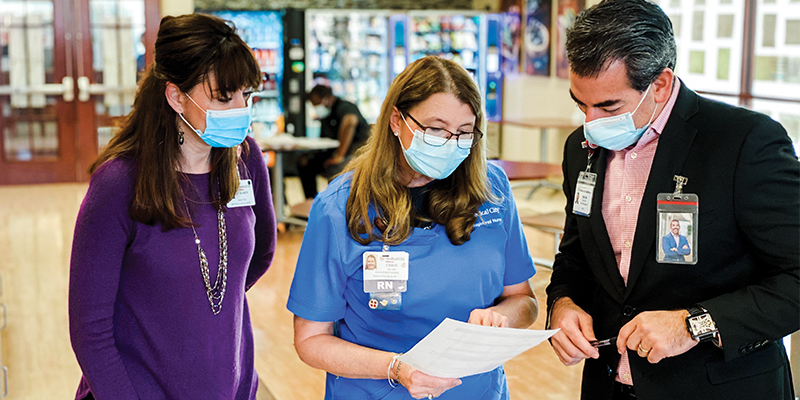
Chris Hutchison (middle) steps in to assist with vaccine clinics at Medical City Alliance in Fort Worth, Texas.
The Essence of Humanity
A few weeks after this exchange, Teresa emailed to tell us about the “toughest and most emotional” shift of her young career. It involved a Spanish-speaking patient with respiratory problems who also suffered from fear and anxiety, and had trouble understanding the interpreter.
“I thought about my mother, who would also be terrified and bewildered if she were in the same situation,” Teresa wrote. “I believe that empathy is the single most important quality of being not just a nurse, but of being human. It’s important to put ourselves in other people’s shoes . . . so that we may try to understand one another. Empathy is the essence of humanity, and nursing enables me to practice empathy.”
